South Africa (North-West University) WaterNet symposium a great success

Water is an essential component of life on earth; without it, we cannot survive. However, the sad reality is that we take this resource for granted, and much more should be done to conserve it.
The North-West University (NWU) played its part by being the primary host of the 23rd WaterNet WARFSA/GWP-SA Symposium at Sun City from 19 to 21 October 2022.
These symposia have been held annually in the eastern and southern African regions for the past 22 years.
The theme of this year’s symposium was “Integrated Water Resources Development and Management: Leaving no one Behind for Water Security in Eastern and Southern Africa.”
The event provided an opportunity for researchers, academics, policymakers, and practitioners from water and related sectors, as well as cooperating partners, to exchange knowledge and share expertise.
The official opening kicked off at the Sun City Conference Centre, where Prof Nnenesi Kgabi, director for Research Support at the NWU, started the proceedings.
Prof Linda du Plessis, the deputy vice-chancellor for Planning and Vanderbijlpark Campus Operations, welcomed the delegates on behalf of the NWU and said that the NWU was honored to host this year’s symposium.
“We look forward to learning about the latest findings of our researchers, government agencies and policymakers whose work is closely related to the conservation of water.”
The chairperson of the WaterNet Trust, Prof Hodson Makurira, and Marlies den Boer from the Royal Netherlands Embassy in South Africa also addressed the audience. Marlies said that water conservation has always been a priority for the Netherlands since it is below sea level. This brought together different stakeholders to discuss how water should be governed.
“We need a system change – we need to value water differently and do things differently,” she added.
Dr. Jennifer Molantwa, chief executive officer of the Water Research Commission (WRC) of South Africa, officially opened the symposium.
“Today, people from all over the world, including representatives from about 40 countries, have come together to learn and share their skills and knowledge about integrated water resource development and management.
“We hope that resolutions will be adopted and plans developed to ensure that by managing our water resources, we will be able to improve the way we do things to enhance our integrated water resource management approach.”
She added that the WRC applauds WaterNet, its partners, and the organizing committee for ensuring that this annual symposium could take place, especially following the Covid-19 pandemic.
“The theme that no one gets left behind is suitable for this time. We are experiencing the impact of climate change that has the potential to leave some people behind. The people of Africa could be part of this group if we do not act decisively,” she added.
Keynote speaker Prof Tafadzwanashe Mabhaudhi, the senior researcher for agricultural water management at the Institutional Water Management Institute, rounded off the first day with his address titled “Achieving sustainable development under climate change: transformative futures for a water-secure world.”
Day 2 of the symposium saw presentations by schoolchildren on innovative technologies and approaches for sustainable water resources.
Learners from Mogwase Technical, Tswaidi Secondary, Itumeleng Secondary, and Holy Family Secondary School shared their water-saving tips, emphasizing that as the human population grows, we must use water sparingly.
On the last day of the symposium, the chairperson of the International Scientific Commission, Prof Masengo Ilunga, shared the remarks and introductions of the International Scientific Committee and the team of reviewers. Finally, Dr. Monde Mabuku, chief symposium rapporteur, summarised lessons learned from the symposium.
